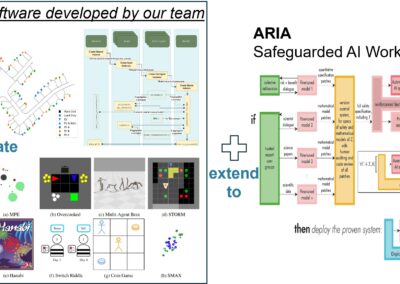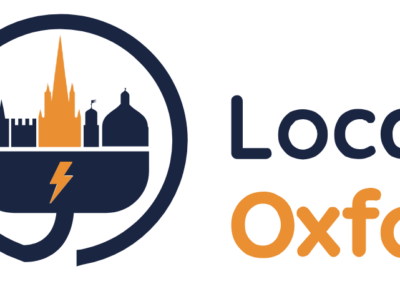The transition to net zero is driving significant changes in energy networks around the world.
Electricity grids in particular are undergoing rapid transformation, especially with increased penetration of non-dispatchable, variable renewable energy sources like wind and solar. These sources, while essential to reducing carbon emissions, also reduce system inertia and stability, complicating real-time grid operations, like energy balancing and dispatch. Simultaneously, evolving demand-side factors, such as the widespread adoption of rooftop solar and electric vehicles, are altering electricity consumption patterns. This uncertainty, on both the supply and demand-side, is creating new challenges for both short-term grid operation and long-term planning, complicating decisions around network expansion and investment.
In view of these challenges, the ZERO Institute’s research spans the entire spectrum of energy network transformation. Our work addresses both the immediate needs of real-time operations and the complex, long-term strategic decisions required for network expansion and reinforcement. Recognizing the interconnected nature of energy systems, we support a “whole systems” approach that integrates electricity transmission and distribution with other energy networks, including gas and emerging future networks like ammonia. Building on successful collaborations with key industry partners such as the National Energy System Operator (NESO, formerly National Grid ESO) and Scottish and Southern Energy Networks (SSEN), the ZERO Institute seeks to build on groundbreaking projects led by the University of Oxford, such as Energy Superhub Oxford, Europe’s most powerful electric vehicle charging hub, and Project LEO (Local Energy Oxfordshire), the world’s first zero-carbon flexibility market operated by a Distribution Network Operator (DNO). You can learn more about our contributions to energy network transformation through the case studies below.
Our Distribution Case Studies

SAGEflex: Safeguarded AI Agents for Grid-Edge Flexibility
SAGEflex aims to develop a software platform for training, testing, benchmarking, and scaling up AI-based solutions to unlock power ... Read more

Project LEO (Local Energy Oxfordshire)
Project LEO demonstrated how local energy systems can accelerate the transition to a zero-carbon energy future through innovative ... Read more
Our Research Areas
Generation
Conversion
Distribution
Storage
Usage
More from ZERO Institute

About the ZERO Institute
We want to shape the transition to a just and fair global zero-carbon energy system, through research that unifies technology, policy, and people.

Our People
The ZERO Institute is a multi-disciplinary hub for zero-carbon energy research, bringing together academics from across the University of Oxford.

Latest News
Catch up on the latest news and events to see how ZERO is driving the transition to a zero-carbon energy system.